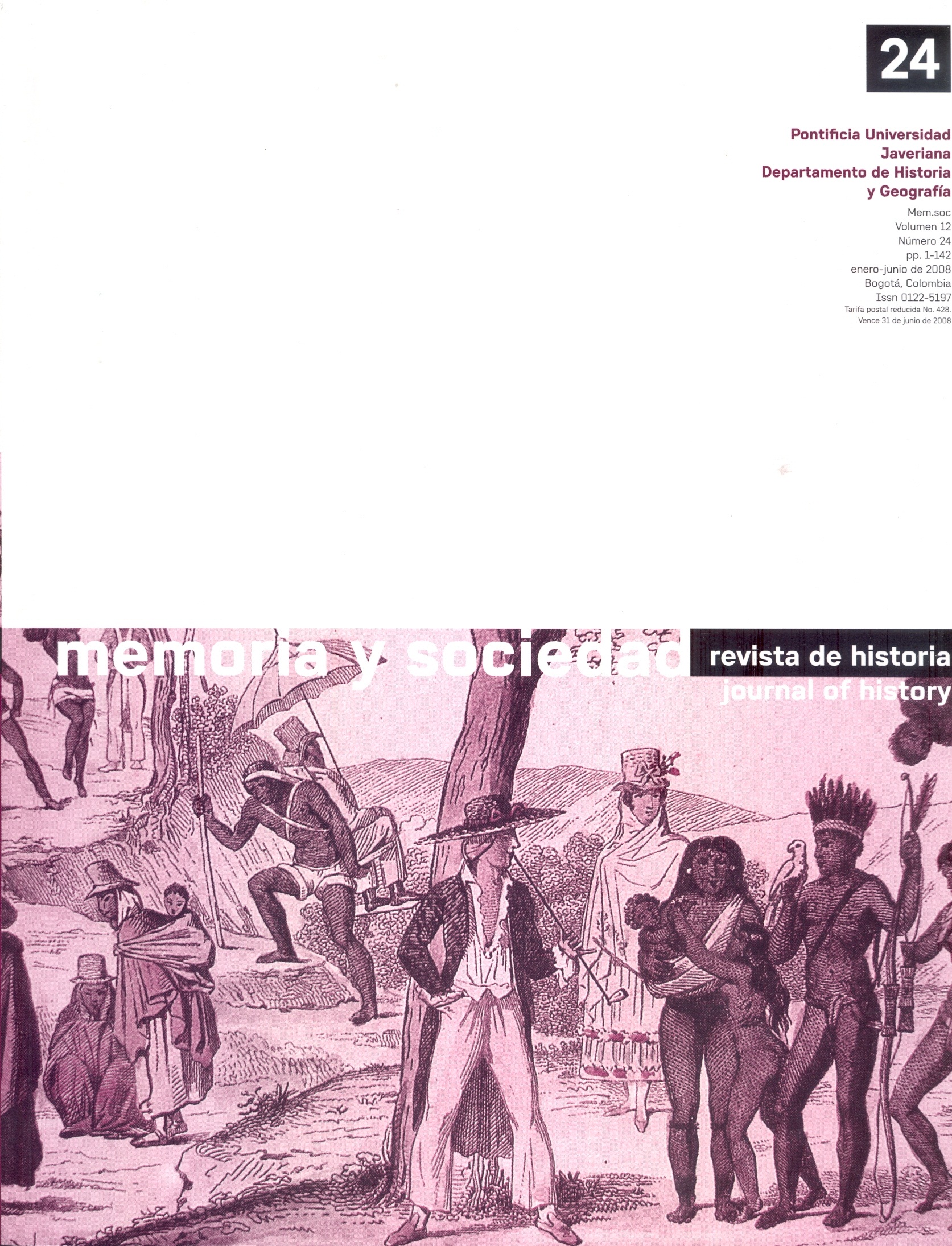Abstract
The object of the article is to point to some which different theories of memory can offer to political analysis. Firstly some characteristics of collective memory are developed. Then the same theoretic resources are used to approach phenomena produced in the political field. Last, social traumas and the need to install and including social pact are dealt with. What is shown is how social breakup lies on the inevitable that dynamics of identity constantly produce “Others” in the search for one meaning which groups a powerful “Us”. The role of different types of language is pointed out so that interests are dealt with and values are promoted, thus preparing a new cycle of interpretations and discussions to come that will “narrate” the new constitutive pact.The journal Memoria y Sociedad is registered under a Creative Commons Attribution 4.0 International Public License. Thus, this work may be reproduced, distributed, and publicly shared in digital format, as long as the names of the authors and Pontificia Universidad Javeriana are acknowledged. Others are allowed to quote, adapt, transform, auto-archive, republish, and create based on this material, for any purpose (even commercial ones), provided the authorship is duly acknowledged, a link to the original work is provided, and it is specified if changes have been made. Pontificia Universidad Javeriana does not hold the rights of published works and the authors are solely responsible for the contents of their works; they keep the moral, intellectual, privacy, and publicity rights.
Approving the intervention of the work (review, copy-editing, translation, layout) and the following outreach, are granted through an use license and not through an assignment of rights. This means the journal and Pontificia Universidad Javeriana cannot be held responsible for any ethical malpractice by the authors. As a consequence of the protection granted by the use license, the journal is not required to publish recantations or modify information already published, unless the errata stems from the editorial management process. Publishing contents in this journal does not generate royalties for contributors.

